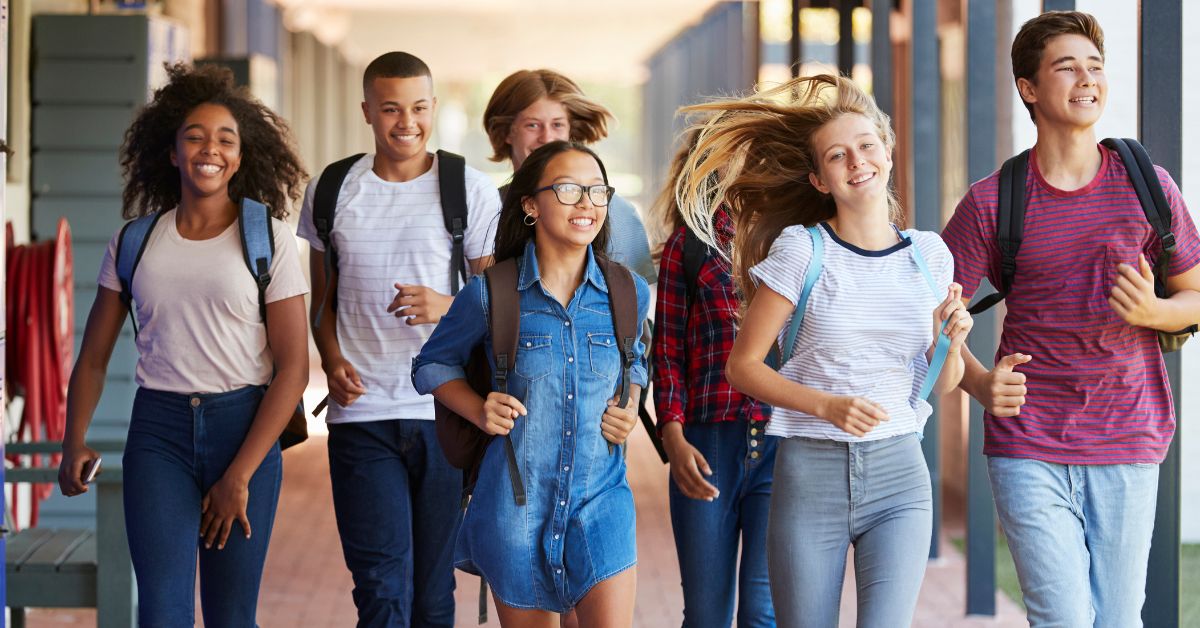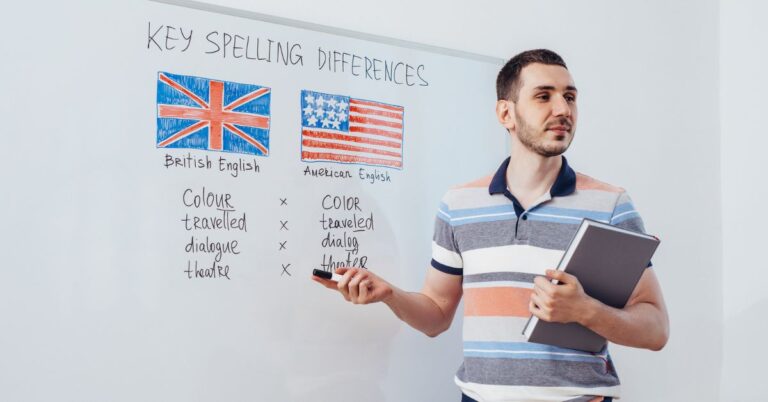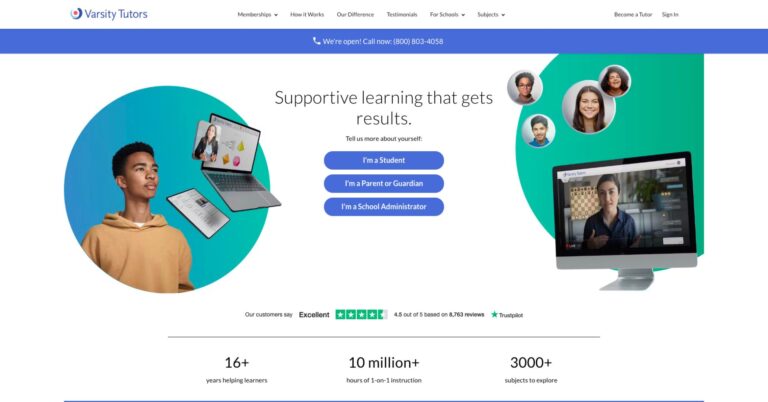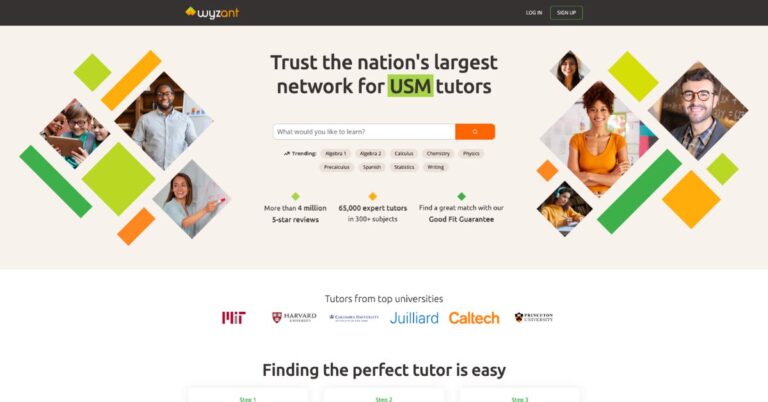What Are the Pros and Cons of an Alternative High School Education?

There are several pros and cons that must be considered before deciding on an alternative high school education. The flexible curriculum, smaller class size, lower truancy rate, and low stress environment can provide a surrounding that fosters better learning. So regardless whether your kid is in the 3rd, 4th, or 5th grade, you can help use this method or hire a private tutor for your child or enroll them into schools that allow this modified type of curriculum. The difficulty in adjusting, reduced number of social interactions, and negative connotations associated with alternative education, however, can affect how the student performs outside the classroom. However, the option to hyperfocus on a complex subject also becomes available with alternative high school education. For example, calculus may be difficult to understand when limited to classroom hours but will be much easier to comprehend in one on one lessons.
Alternative high school education is characterized by a modified curriculum that does not follow the one used in a regular public high school. The curriculum can normally be adjusted to match the learning pace of the student, which is particularly advantageous for gifted students and those who have difficulty learning. An example of this might be a charter school for the gifted, created to develop the academic and artistic talents of the students. So if your kid leans more on the artistic side, you should use that as a starting point for choosing the best tutoring program. The more specialized it is, the better quality of education you can give your child because it’s with a professional who understands the ins and the outs of the specific area of learning.
The class size in an alternative high school is usually smaller than that of an average school. This allows for a lower teacher to student ratio. If you’re in a state that’s lacking when it comes to the number of qualified teachers in schools, consider hiring a math tutor for your kid. This will give them leverage when it comes to pursuing good grades and academic excellence. The lower ratio facilitates greater interaction between teacher and student and gives the teacher an opportunity to frequently respond to the student’s questions. Students that have difficulty interacting with a large number of peers may thrive at an alternative school. Additionally, the teacher can focus more on correcting some student misbehaviors that are usually ignored in a larger class. If this still doesn’t work, then maybe working with an online tutoring company can help. Private tutors can teach advanced classes in English or Math with subjects like precalculus through lessons tailored to specific learning styles.
Students learning lower-level subjects, such as algebra 1, can also improve their math skills with a tutor’s help. A tutor fits perfectly in an alternative education experience because one-on-one attention is what the student needs to succeed. Algebra 1 tutors are especially beneficial when they have experience teaching a student with alternative learning needs. These tutors can approach complicated math concepts in ways that are accessible and enjoyable, which can reduce challenges in the mainstream classroom.
Students may enjoy studying at an alternative high school because of its relatively relaxed environment. The absence of a large number of students and strict curriculum can translate to lower stress levels that are more conducive to learning. Alternative high school education also keeps students from “falling through the cracks” by placing more emphasis on developing the student’s strengths instead of maintaining a specific grade-point average. Students take pleasure from the studying and the rate of truancy is decreased.
On the other hand, the shift from a traditional setting to an alternative school can be upsetting for a student, especially if the transition is made later in high school rather than at the beginning. The group which the student was used to will be absent, and this may result in adjustment difficulties. This also applies when a student transitions from an alternative middle school to a regular high school. In addition, the lack of class diversity at an alternative high school may also affect how the student socializes in the future.
Another disadvantage is the stigma that may be attached to students from an alternative high school. Alternative high school education is commonly offered as a last resort to “at-risk” students that find it hard to function in an average class environment. Furthermore, a student that graduates from an alternative high school may have a tougher time applying for a job.






